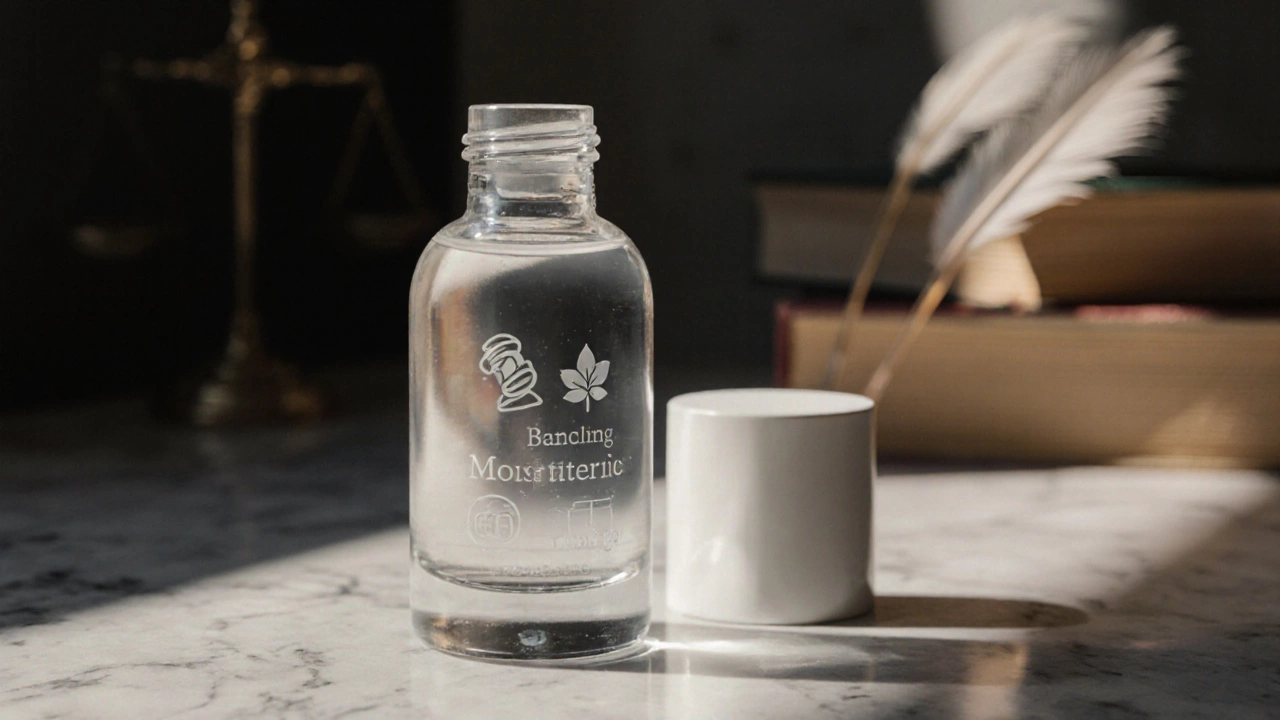Moisturizer Cosmetic: Your Go‑To Guide for Hydrated, Healthy Skin
When talking about Moisturizer, a product formulated to lock in water, support the skin barrier, and improve texture. Also known as skin lotion, it plays a central role in any Skincare Routine, the daily set of steps you follow to keep skin clean, protected, and balanced. For those chasing a younger look, a Anti‑Aging Treatment, any product or procedure that reduces visible signs of aging often starts with a well‑chosen moisturizer. Finally, many ask if a Lotion, a lighter, usually water‑based moisturizer for everyday use counts as a true moisturizer – the answer lies in its ingredients and purpose. In short, moisturizer cosmetic is the bridge between basic hydration and advanced skin care goals.
Moisturizers come in many textures: creams, gels, ointments, and emulsions. Creams are rich, ideal for dry or mature skin because they contain higher oil content and occlusive agents that seal moisture. Gels feel light and slip on quickly, making them perfect for oily or acne‑prone faces where a heavy feel could clog pores. Ointments, often petroleum‑based, sit at the top of the barrier‑repair ladder – they’re the go‑to for eczema or extremely dry patches. Regardless of texture, modern formulas share key actives. Hyaluronic acid attracts up to 1,000 times its weight in water, giving a plumping effect. Ceramides rebuild the lipid barrier, while niacinamide calms inflammation and evens tone. When you pair these actives with a suitable base, the moisturizer becomes more than a comfort product; it turns into an anti‑aging ally and a barrier‑supportive treatment.
Choosing the right moisturizer starts with understanding your skin type and concerns. If you have oily skin, look for “non‑comedogenic” gels or lightweight lotions that won’t leave a greasy film. For dry skin, rich creams packed with shea butter, fatty acids, and ceramides will restore softness. Sensitive skin benefits from fragrance‑free, hypoallergenic formulas that keep irritation at bay. Age also matters: mature skin often needs added peptides and antioxidants to combat loss of collagen, while younger skin may focus on oil control and acne prevention. Don’t forget the classification angle – some products with active ingredients like salicylic acid or certain high‑strength retinoids cross over into drug territory, affecting how they’re marketed and regulated. Knowing whether a product is a pure cosmetic or a medical‑grade skin care item helps you set realistic expectations and avoid surprise side effects.
Choosing the Right Moisturizer
Think of your moisturizer as the final seal on a multi‑step routine. First, cleanse and tone to prepare the skin. Next, target specific concerns with serums – vitamin C for brightening, retinol for texture, or a peptide serum for firmness. Then, the moisturizer locks everything in, providing the moisture reservoir your skin needs to function optimally. When you shop, check the ingredient list early; the first three components usually dictate the product’s core function. If hyaluronic acid, glycerin, or panthenol appear near the top, you can expect solid hydration. If you see a high concentration of dimethicone or silicone‑based polymers, the product leans more toward barrier protection and a smoother feel. Finally, match the product’s claim to your lifestyle – a fast‑absorbing gel for morning rushes, a night cream rich in retinol for bedtime repair, or an organic‑certified lotion if you prefer clean beauty. By aligning texture, actives, and classification with your needs, you turn a simple moisturizer into a cornerstone of effective skin health.
Armed with this overview, you’ll be able to spot the details that matter most, whether you’re scrolling through a catalog or testing a sample at a salon. Below you’ll find a curated collection of articles that dive deeper into specific moisturizers, ingredient science, regulatory nuances, and real‑world tips from industry professionals. Each piece builds on the foundations laid here, giving you actionable insights to fine‑tune your skin‑care game and make informed purchases. Ready to explore? Keep reading for the full lineup of expert‑backed content.
Is a Moisturizer a Cosmetic? Answer & Regulation Guide
Learn whether moisturizers are classified as cosmetics, how regulations differ worldwide, and what that means for product safety and labeling.

